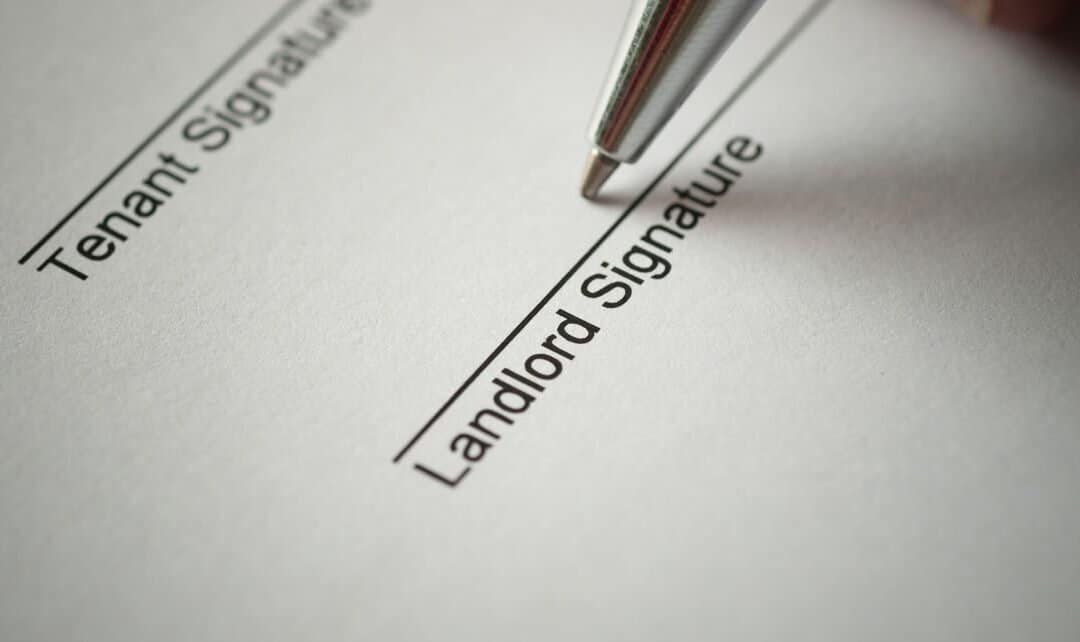Bill 192, Protecting Small Business Act, 2020 came into force on June 18. The goal of the act was to strong-arm qualifying landlords into the Canada Emergency Commercial Rent Assistance (CECRA) program. I say “strong-arm” for a reason; if qualifying landlords don’t apply, then the qualifying landlords cannot evict a tenant for non-payment of rent.
This strong-arming has caused significant confusion. For example, some landlords have already entered into rent deferral agreements with tenants. I’m aware of some landlords who have “gifted” up to four months of rent forgiveness. The act prevents such landlords, if they are qualifying landlords, from evicting tenants who violate other terms of the lease and the act may encourage tenants to take advantage of the moratorium.
While applications to CECRA are low, it is not because evil landlords are unceremoniously evicting their tenants; it’s because landlords and tenants, for the most part, are agreeing to private solutions that best fit their needs. The act, while well intended, has now unsettled what was once considered done deals and has created, once again, confusion. The following highlights the critical components of the act but doesn’t address the various holes, as it’s anyone’s guess as to how they should be filled:
Does the “ban” on evictions apply to everyone?
No. It only applies to a tenancy where the landlord is either qualified to receive assistance under CECRA, or qualified to receive assistance under CECRA if the landlord entered into a rent reduction agreement with the tenant containing a suspension of evictions for non-payment of April, May and June rent.
What if a landlord has applied for CECRA but the government has yet to approve a landlord’s application? Will the act apply?
Yes. The act applies even if the landlord has applied for CECRA but the government has yet to approve the CECRA application. The act will not apply if the landlord has been approved for CECRA or if the landlord isn’t a qualified landlord for the CECRA program. To be clear, this means that if the landlord has applied, but is waiting for approval, then the moratorium applies, and the landlord cannot evict the tenant. This is true even if the tenant agreed to a reduced amount, as per the CECRA program, and is not abiding by the terms of the agreement.
When does the moratorium start and when does it end?
The moratorium started June 18 and ends on the earlier of the day the act is repealed or Sept. 1, 2020.
What does the act restrict?
The act imposes the following restrictions on landlords who are qualifying landlords for the CECRA program, but who have not applied or have yet to obtain approval for the program:
- The landlord cannot obtain a writ of possession that is effective during the moratorium if the basis for ordering the writ is an arrears of rent. This applies to any action or application that was started before, on or after the start of June 18. This broad net means that many actions that you have already started are likely no longer valid.
- During the moratorium, landlords are banned from exercising a right of re-entry. This moratorium applies to any defaults and not just rent defaults.
- If the landlord exercised a right of re-entry between May 1 and June 17, the landlord must, as soon as reasonably possible:
- Give the tenant back possession of the premises. While the tenant has the option to decline possession, it’s unclear what happens if the tenant has abandoned the premises; or
- if the landlord cannot give possession to the tenant for any reason other than the tenant refusing possession, the landlord must reimburse the tenant for all damages incurred by the tenant by reason of the inability to restore possession. This requirement is unclear as to how damages are to be calculated, as well as whether a tenant must be compensated even though they abandoned the premises. Where possession is restored to the tenant, the tenancy is deemed to be restored on the same terms and conditions (unless otherwise agreed between the parties) as the original lease.
- If, between May 1 and June 17, the landlord seized any goods or chattels as a distress for arrears of rent, the landlord shall, as soon as possible, return to the tenant all of the seized goods and chattels that are unsold as of June 18. As with the “give back” rules, it’s unclear as to how long a landlord will have to hold onto such goods where the tenant has disappeared.
What if I’ve been approved for CECRA and my tenant doesn’t pay the portion of rent we agreed upon?
You can evict the tenant as the above restrictions do not include eviction for the tenant’s failure to pay for the part of the rent as agreed upon in the CECRA application/agreement.
What if I ignore these restrictions?
A landlord who contravenes or fails to comply with the above is liable to the person aggrieved for any damages sustained by the person aggrieved as a result of the contravention or non-compliance. This applies in addition to any other legal remedies the aggrieved person may have. This damages provision is particularly confusing and worrisome for landlords, because the act states that damages are to be paid to the “person aggrieved”, which suggests that the landlord’s liabilities extend beyond the tenant and to anyone else who’s been impacted.
What about my common law rights?
The act applies despite any other part of the CTA or any provision in an agreement or any common law rule.
What should I do if I qualify for CECRA but haven’t applied and don’t intend to?
The act obviously restricts the landlord’s rights. Nonetheless, landlords have some options. For example, a landlord who qualifies for CECRA but hasn’t applied should turn to other remedies outlined in their lease. Assuming the lease permits it, the landlord could use the security deposit or lines of credit to pay the outstanding rent. The landlord could also negotiate payment with the indemnifiers or guarantors.
What else should I consider?
Even if you’ve been approved for CECRA and, therefore the act doesn’t apply, you must abide by the terms of the CECRA agreements with your tenant. For example, you may not be permitted, according to the CECRA agreement, to terminate a tenancy for the tenant’s failure to perform certain covenants, such as operating.
What is more, if you’re a qualifying landlord who isn’t part of the CECRA program, any notices that you’ve sent to the tenant during the moratorium may not be considered valid. This means that you’ll have to start the eviction process over once the moratorium has expired.
What happens after the moratorium?
Once the act expires, all rights are restored. Expect, however, significant delays in hearing dates and writs being issued as courts have been closed despite litigation continuing. Such delays will cut both ways; tenants who apply for relief from forfeiture will face delays and landlords will also have to wait for writs of possession. As such, prudent landlords and tenants should carefully consider their next steps in the context of such delays.
Given the hostility that the act may create between landlords and tenants, the best method to deal with this crisis is to work honestly and collaboratively with one another as it’s no secret that the success of one depends on the success of the other.
Natalka Falcomer is a lawyer, real estate broker and Certified Leasing Officer who started her real estate career in private equity. She created, hosted and co-produced a popular legal call-in show on Rogers TV and founded and recently sold Groundworks, a firm specializing in commercial leasing law. She is currently the Chief Real Estate Officer of Houseful.ca, leading the development and expansion of the company’s personalized home buying and selling experience for the Canadian market. She sits as an advisor on NAR REACH Canada and is the former multi-year board member of the Ontario Trillium Foundation.


















